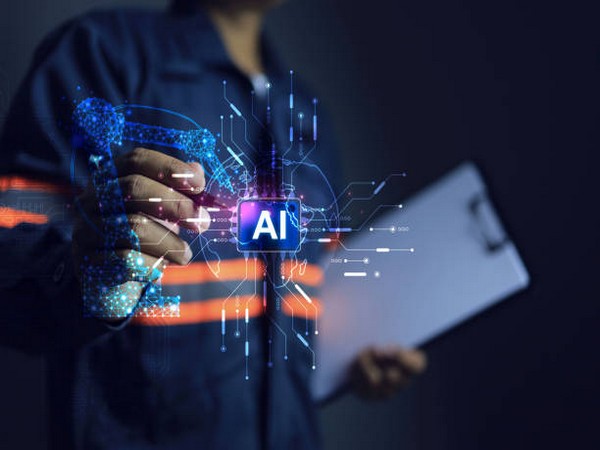Artificial Intelligence and the ongoing digital revolution are set to transform the world and its agrifood systems in the coming years. The Director-General of the Food and Agriculture Organization (FAO), QU Dongyu, emphasized the importance of ensuring that these transformations benefit everyone and help to address global challenges. Speaking at the Business Federations of the G7 (B7) meeting in Rome, Qu highlighted the potential of AI to bring benefits to a wide range of populations and improve efficiency and sustainability in agriculture.
Digital agriculture has the potential to revolutionize how food is produced, distributed, and consumed. Qu pointed out that the use of AI in agrifood systems can lead to improved pricing data, reduced food loss and waste, enhanced food safety, and increased adoption of better seeds, fertilizer, and sustainable practices. FAO recognizes the power of AI to drive positive change and is working to promote the adoption of these technologies for the benefit of farmers and stakeholders across the agrifood sector.
The B7 meeting in Rome brought together the main business and industrial federations of the G7 members and the European Union to discuss key issues and present recommendations to the G7 presidency. With a focus on cross-border global cooperation, the event provided a platform for leaders from various sectors to explore ways to leverage digital technologies and AI to drive economic and social transformation. Italy’s deputy Prime Minister, Antonio Tajani, and CEOs from international private companies were among the attendees.
FAO is actively collaborating with governments, academia, the private sector, civil society, and international organizations to harness the potential of AI and digital technologies in agriculture. By advocating for targeted, coherent, and comprehensive strategies, FAO aims to ensure that these innovations are implemented in a harmonized and ethical manner. The organization emphasizes the need for robust approaches that consider the diverse needs and perspectives of stakeholders in the agrifood sector.
In addition to digital innovation, addressing energy consumption across agrifood systems is crucial for achieving decarbonization by 2050. Qu highlighted the importance of collaborative efforts in the energy sector to drive sustainable practices and reduce carbon emissions. Private-sector actors are urged to increase their ambition for climate action and take more accountability for their supply chains and operations in countries where they operate. By aligning their actions with environmental and social goals, private companies can contribute to a more sustainable and inclusive agrifood system.
Overall, the convergence of AI, digital technologies, and sustainable practices presents opportunities for transformative change in the agrifood sector. FAO is committed to fostering collaboration and innovation to ensure that the benefits of these technologies are equitably distributed and contribute to solving global challenges. By working together with diverse stakeholders, the FAO aims to build a more resilient, efficient, and sustainable agrifood system that benefits farmers, consumers, and the environment.











